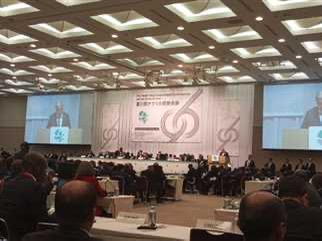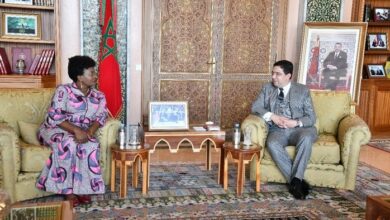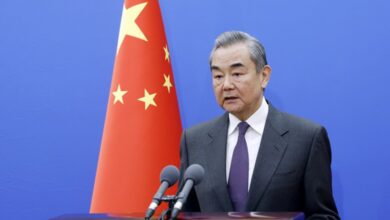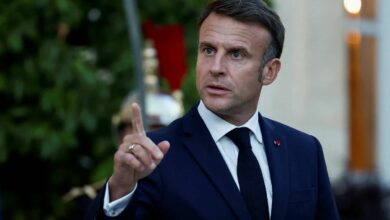TICAD 9 Summit: Morocco Strengthens Its Strategic Position While Algeria Faces Growing Diplomatic Isolation
TICAD 9 Summit: Morocco Strengthens Its Strategic Position While Algeria Faces Growing Diplomatic Isolation

By Iman Alaoui / ALDAR
The TICAD 9 Summit in Yokohama confirmed once again that the path of international legitimacy is steadily moving in Morocco’s favor. Japan reiterated its clear and explicit stance by refusing to recognize the separatist entity, affirming three times that the so-called “Polisario” has no diplomatic status and does not represent any legitimate body. This was not a mere protocol detail, but a political statement that reflects the vision of a major power betting on stability and legitimacy in its partnerships with Africa.
In contrast, Algeria attempted to exaggerate the faint presence of the separatists inside the conference hall — a presence without a flag, without a speech, and without any political value — presenting it to its domestic audience as a supposed “victory.” Yet the reality was undeniable: a marginal scene that changes nothing about the facts, while Japan made things crystal clear, stressing that there is no place for a fictitious entity in its international alliances.
This episode is closely tied to the broader shifts underway across the African continent, where influential countries have rushed to open consulates in Laayoune and Dakhla, taking practical steps to affirm Morocco’s sovereignty over the Sahara. At the same time, Rabat has been consolidating its position as a trusted partner for major players in Asia and Africa. China, Nigeria, India, and Senegal are just a few examples of nations that have chosen to engage with Morocco as a rising power and strategic actor, while ignoring the separatist narrative that has lost all relevance.
Algeria, meanwhile, remains captive to its propaganda discourse, spending billions of dollars from its gas and oil revenues to finance the travels and luxurious hotel stays of separatist delegations, while its own population struggles with socio-economic crises and political marginalization. This stark contradiction highlights the difference between Morocco’s diplomacy, which is reaping tangible gains on the international stage, and Algeria’s diplomacy, mired in selling illusions.
TICAD 9 demonstrated that diplomacy is not about pictures or token appearances in the back rows, but about firm positions that lay the groundwork for future strategic alliances. With its growing influence and recognized legitimacy, Morocco has cemented its place as an indispensable partner in Africa and beyond, while Algeria’s bets on a fictitious entity have crumbled, leaving it with nothing but a failed narrative.





